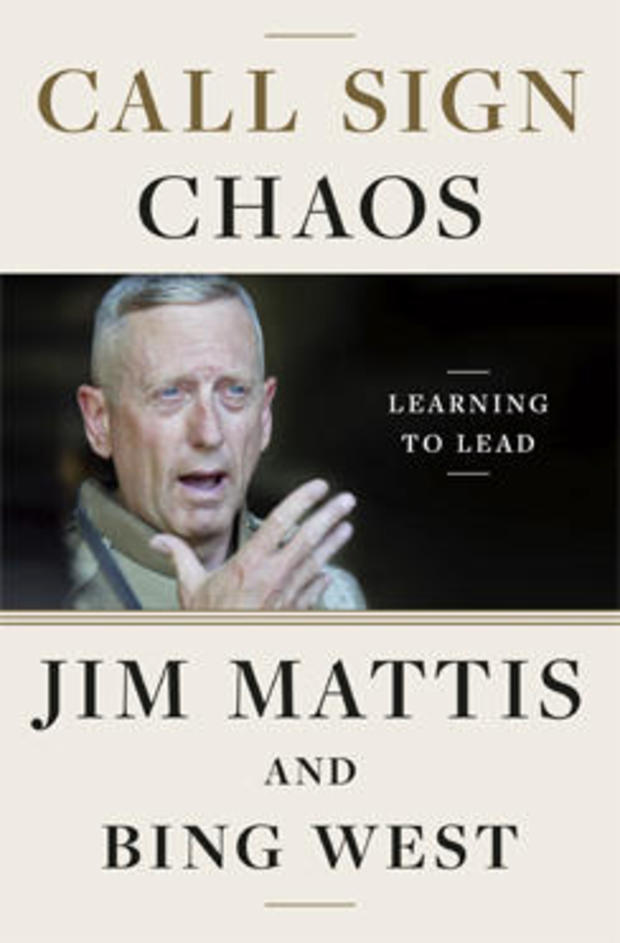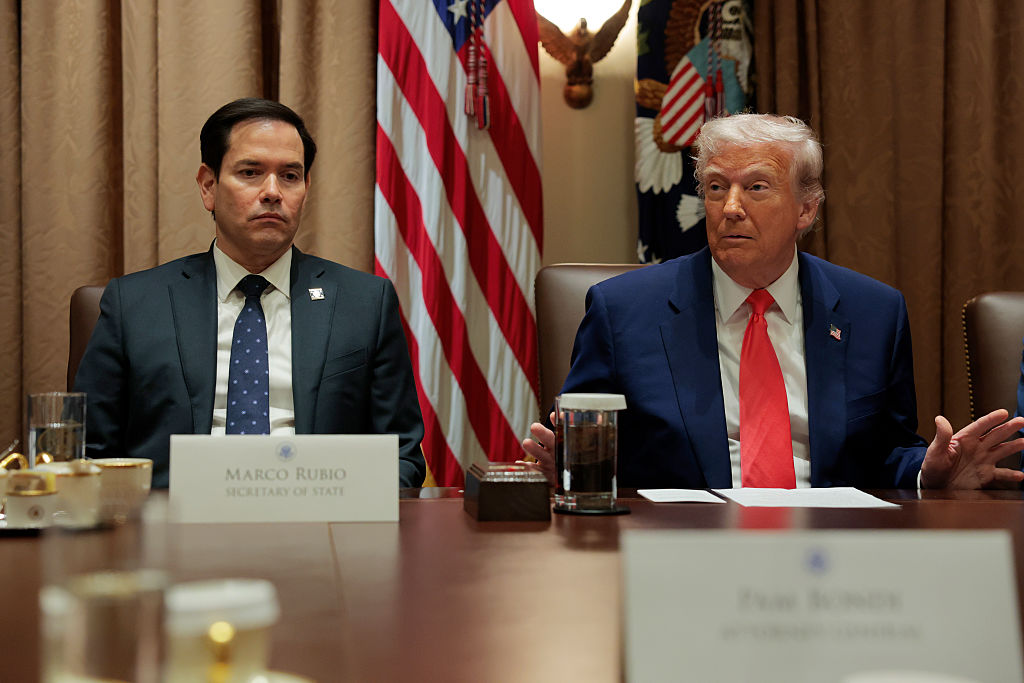James Mattis says divisiveness is the biggest threat to U.S. democracy
Over the past few administrations, it's divisiveness that was and remains the biggest threat to our democracy, says former Defense Secretary James Mattis.
"Divisiveness inside this country is probably the biggest threat, the lack of respect, the lack of listening to one another and accepting that people who disagree with us might be right once in a while," Mattis said in an interview with "CBS This Morning" Monday. Mattis, who resigned from the Trump administration amid disputes over the presence of U.S. troops in Syria and the treatment of U.S. allies, would not say if that divisiveness was a byproduct of the Trump presidency.
"This is not about one person or one administration. This goes back awhile," he said. The partisan atmosphere is not really a function of who's sitting the White House, he seemed to argue. It stems from the process by which we put people into government — elections.
"When we run elections, it's always about dividing...it's not always pretty, it's not always civil. Well, welcome to democracy. When the election is over you go into governance, and it's not about divisiveness," he said. "It's about unity at that point, but we no longer seem to go to governance," Mattis said. "[We're] constantly finding reason to cheer against each other instead of working together."
He argued that kind of divisiveness won't allow for wins on the battlefield or in the boardroom.
Mattis maintained that his departure from the Trump administration was on his own terms and disputed reports that he had been pushed out by the president. He told "CBS This Morning" that it was "completely my decision to leave" and said he was always "forthright" with Mr. Trump during their private meetings.
"The president knew everything I was doing and I understand what the president wanted done," he said.
Asked if the president made the wrong decision on troops in Syria, Mattis declined to say.
"I don't believe administration officials should leave the administration and then start creating controversy with comments outside, when they owe a period — a duty — of silence," Mattis told "CBS This Morning."
When Mattis quit as defense secretary, his resignation letter also referred to his strongly held "views on treating allies with respect," an apparent allusion to Mr. Trump's complaints about the value of bedrock alliances like NATO.
Mattis, who was replaced as defense secretary by former Army Secretary Mark Esper, said that while he misses the people in Washington, "I don't miss any of the issues, not one bit."
Hear "60 Minutes" correspondent John Dickerson's conversation with James Mattis on the "CBS This Morning" podcast:
READ AN EXCERPT: "Call Sign Chaos" by Jim Mattis and Bing West
- "Call Sign Chaos: Learning to Lead" by Jim Mattis and Bing West (Random House), in Hardcover, eBook and Audio formats, available via Amazon






